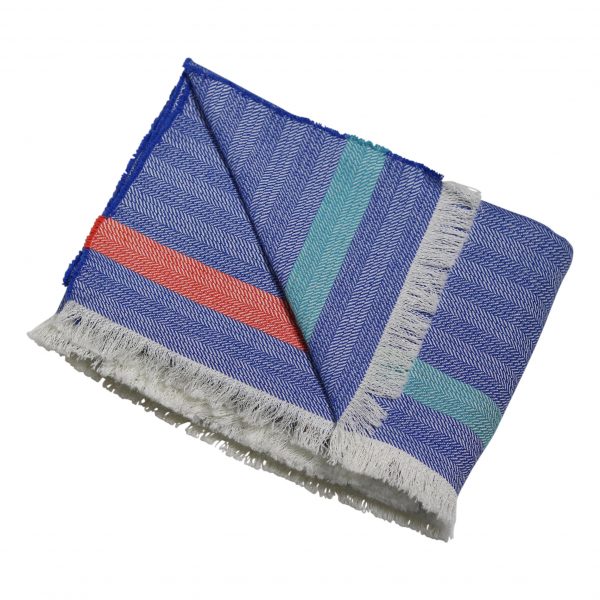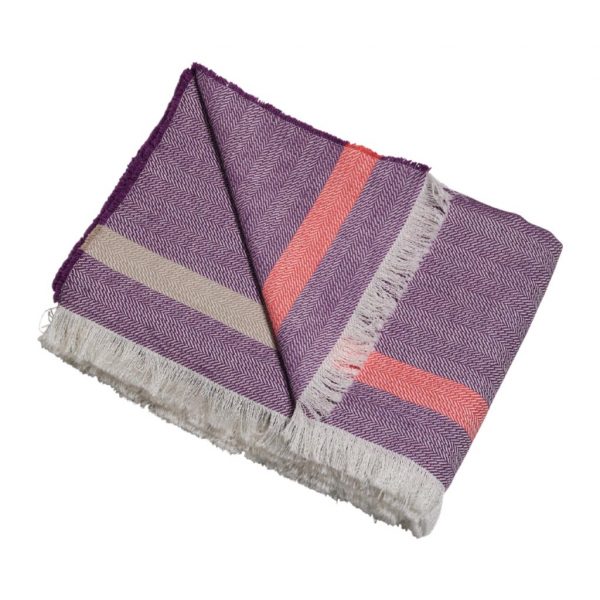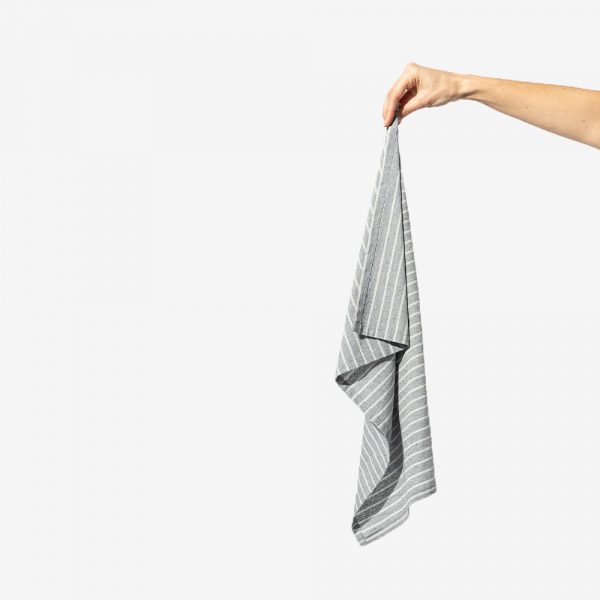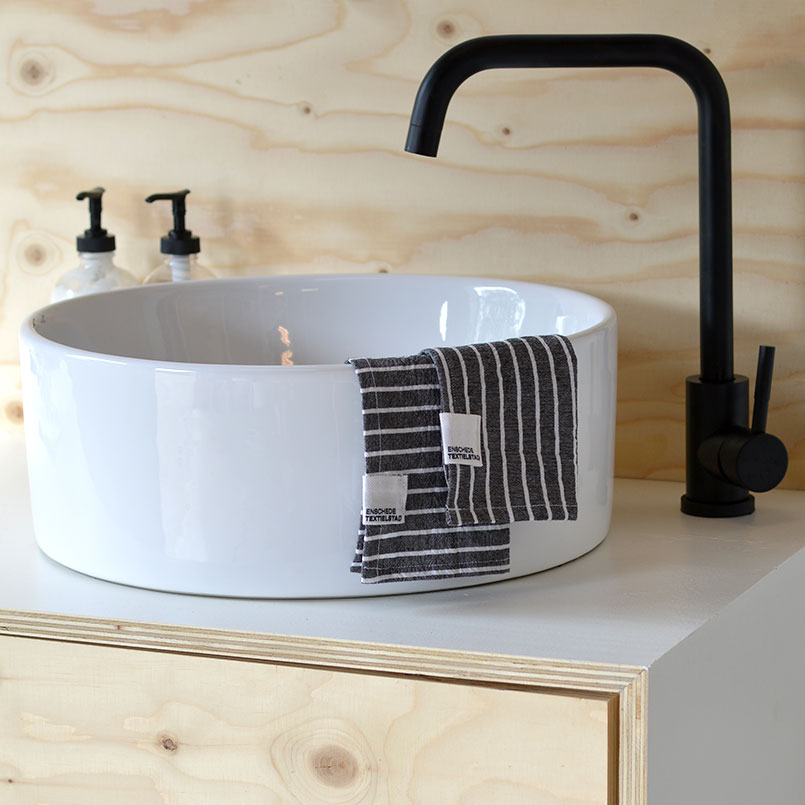
Big washes, small washes… how should we maintain and wash our clothes? And how to do that as sustainable as possible?
An important way to keep clothes beautiful for longer is often forgotten. We wash more and more at lower temperatures, but is that enough? We think it can be done more sustainably and here are some tips!
Plastic soup
Did you know that washing synthetic garments contributes to the plastic soup? Microplastics are released when washing synthetic garments. These are microscopic pieces of plastic. About 63% of the clothing we wear is made of synthetic material such as; nylon, acrylic and polyester. When you wash those clothes, as many as 700,000 microplastics can be released, which are not filtered out by your washing machine and discharged into the oceans.
Manufacturers and other initiators are working to solve this problem. They are working on designing special filters and laundry bags that stop the microplastics. What you can do yourself is to wash your synthetic clothing as cold as possible and not wash it unnecessarily. Let your blouses or sweaters air out overnight or let them steam with you every now and then when you take a shower.
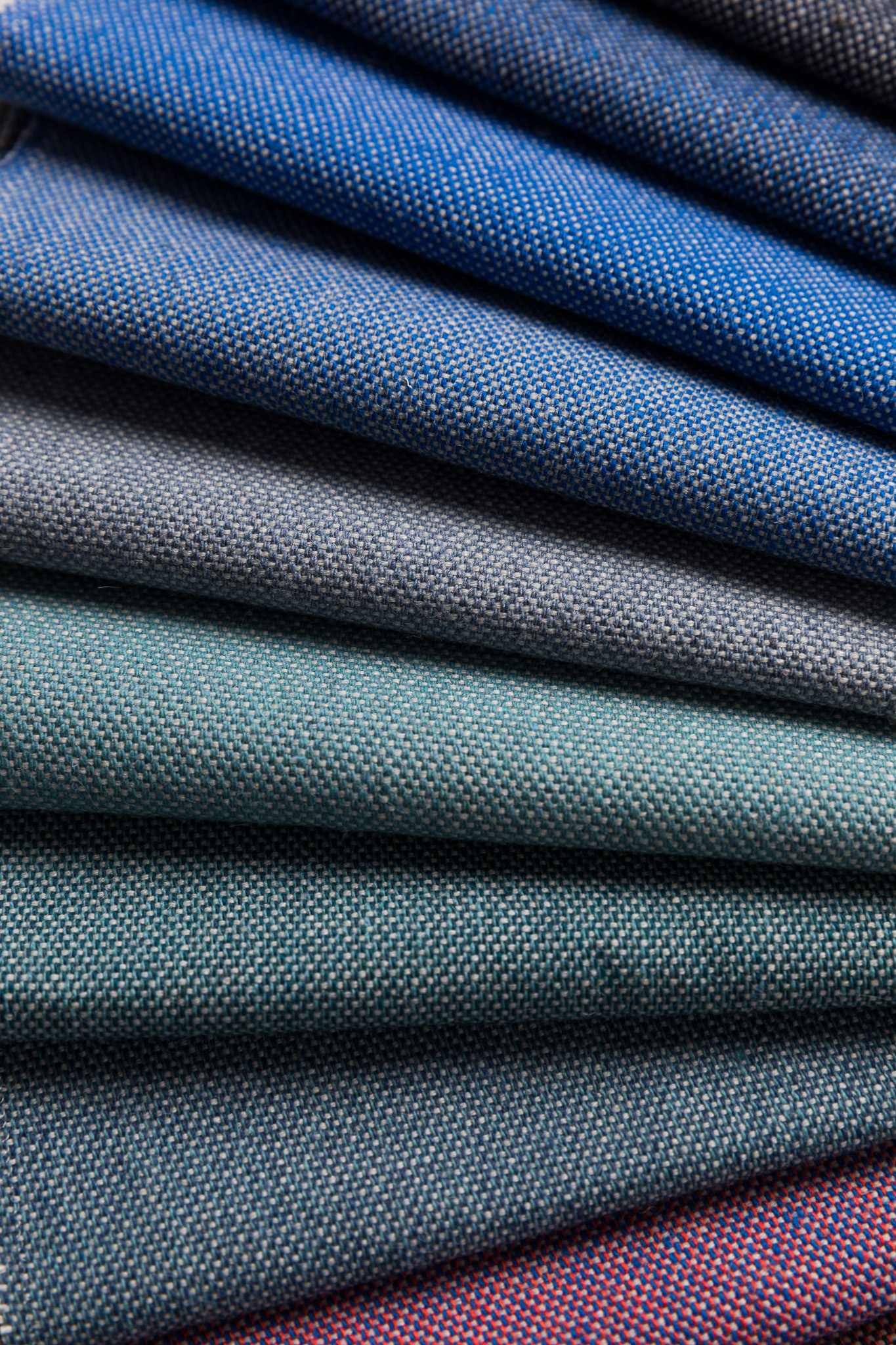
Sustainable detergents
We now know that natural products are better for the environment, this is also the case with detergents. Did you know that the standard detergents are also made from synthetic substances? This might need some improvement, which is why we have listed a number of natural and environmentally friendly detergents.
- Delicate Detergent from & Other Stories. This is a biodegradable detergent and is actually a combination of two products. It ensures that your laundry is clean and cared for.
- Ecover. This detergent is made from vegetable and organic ingredients and minerals. It has a nice scent and protects not only nature but also the colors and quality of your clothes.
- Marcel’s Green Soap. An environmentally friendly detergent with a delicious vanilla and cotton scent.
- Green Hub. This is not really a detergent but something you can add to your washing routine. Green Hub has a range of organic essential oils that you can add in place of your fabric softener. It gives your laundry a natural touch and a fresh scent!
- Seepje. This soap brand is made from the Sapindus mukorossi, a fruit from Nepal that grows in abundance there. And by paying a fair price for the fruit peels, you and Seepje contribute to nature conservation and better living and working conditions in India and Nepal.



